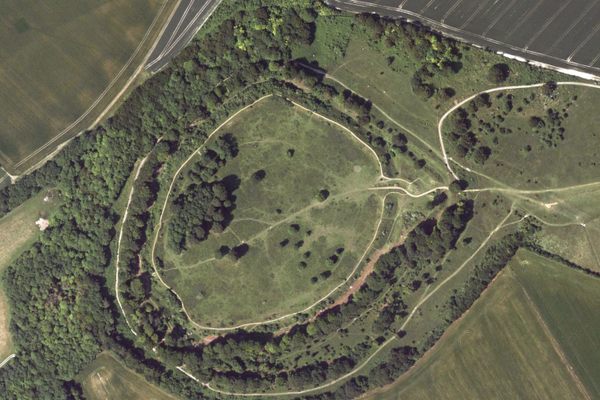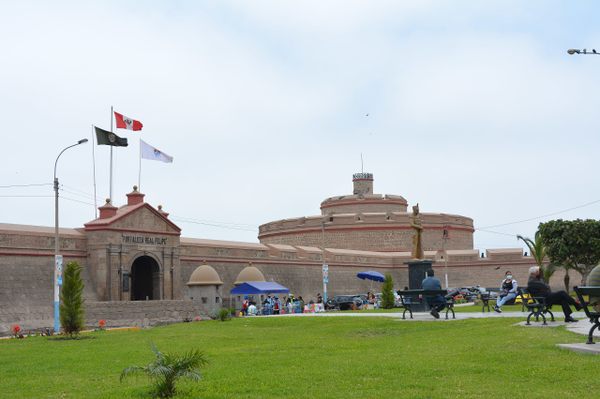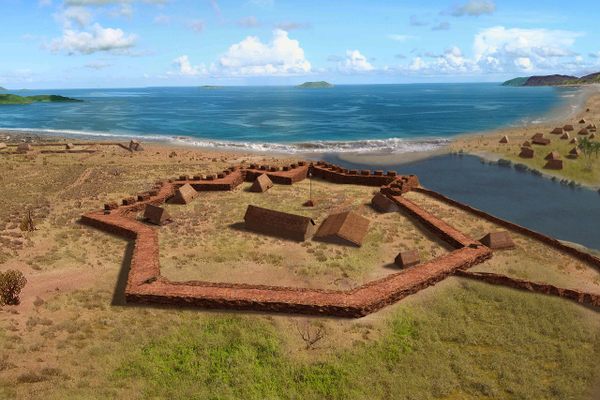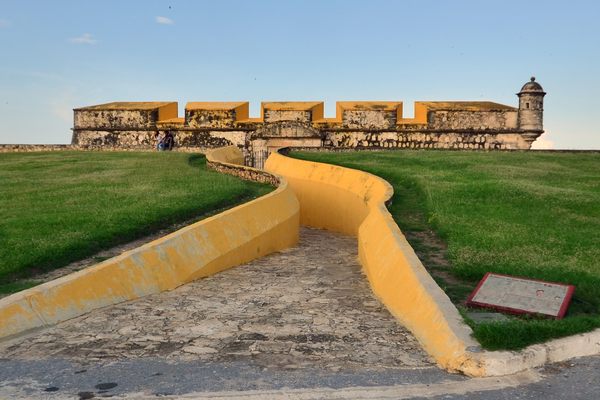About
La Puerta de San Juan is the last of the five gates that allow access into the walled city of Old San Juan. The vibrant red gate, which stands 16 feet tall and dates back to 1635, is located at the end of El Paseo de la Princesa, the historical promenade of San Juan.
When the Spaniards moved from Caparra to the islet of San Juan, now known as Old San Juan, they started to build structures to protect the city from attacks and invasions including Fort El Morro, and the San Cristobal Castle. Around 1634, they created thick walls around the city to protect it and gates were necessary to restrict and control the access inside of San Juan. Guards watched over the gates and they were closed during the night.
La Puerta de San Juan was considered the main entrance to San Juan, and it was the one used to receive important visitors from Spain. Additionally, new governors and bishops crossed the San Juan Gate as a traditional inauguration ceremony. While the other doors perished during the years, this red gate stands as a historical site. La Puerta de San Juan is also the closest gate to La Fortaleza, the governor’s house, and to San Juan’s Cathedral.
The top of la Puerta de San Juan features an inscription in Latin that reads “Benedictus Qui Venit In Nomine Domini,” a phrase taken from a Catholic hymn that means “Blessed is the one that comes in the name of God” and welcomes visitors into the city.
The gate wall is 20 feet thick and the inside reveals tiles with images of Saint John the Baptist, after whom the settlement is named. Visitors that go through La Puerta de San Juan are taking the same walking route that most important characters took during the colonial era.
In 1897, the San Juan gate, along with the San Jose and Santa Rosa gates, were spared from being demolished. (The Santiago, España, and San Justo y Pastor gates were not so lucky.)
Related Tags
Know Before You Go
Visitors can reach La Puerta de San Juan from the interior of the city or through Paseo de la Princesa. When you see the Raíces fountain, turn right. If you continue straight without crossing the door, you will walk down Paseo del Morro which runs parallel to the walled city for almost a mile.
Community Contributors
Added By
Published
April 25, 2022




































